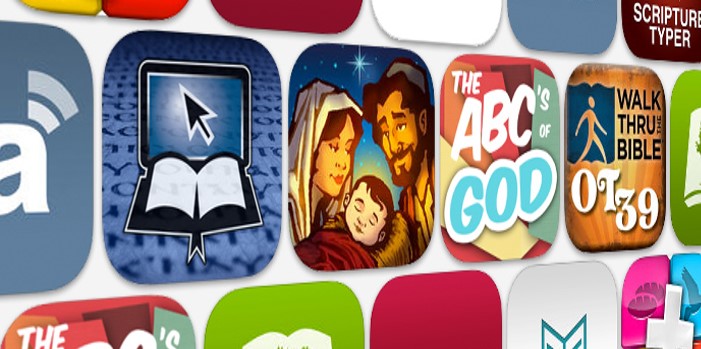
In the era of burgeoning Bible apps, how can we make sure that we’re experiencing God’s Word the way God asks us to experience it? Is Bible time on the fly better than no Bible time at all?
Bible apps are great. And they give us unprecedented access into Scripture. But I have one caveat: Don’t let someone else have all the fun for you! This is, unfortunately, what most apps do. The undervalued fundamental element for fulfilling Bible engagement is personal discovery. And while daily doses of Bible reading are helpful (along with study notes and other aids), the richest rewards are enjoyed when God’s Word is personally probed and pondered.
As you think about engaging in God’s Word (whether with a printed Bible or Bible app), consider three requests every time you experience Scripture, be it a verse, a chapter, or an entire book: God, show me! God, teach me! God, change me! You may recognize these requests as a distilled version of the three steps in inductive/exegetical study: observation, interpretation, application.
God, show me! What do you want me to see?
This request helps us look at a passage as if we’re seeing it for the first time. It removes preconceived notions and breaks up the stale crust that may have accumulated over the years on our most familiar and favorite passages. Whether we’re squeezing in a five-minute devotional or doing scholarly work, this request gets us to the bedrock question of meaningful Bible study: What is God saying? And if you’d like to add another layer of depth to the search, engage your visual and tactile learning by marking, highlighting, “symbol-ing” anything God shows you in answer to this request.
God, teach me! What do you want me to learn?
Psalm 119 is the longest chapter in the Bible with nearly every one of its 176 verses about God’s Word. The psalmist was obviously a lover of God’s decrees and a faithful student of His commands. And yet, about every 30th verse, on average, he asks God to teach him about these righteous decrees. It’s this request that helps us stay prayerful in our Bible time and encourages the proper posture in letting the Holy Spirit serve key Holy Spirit functions as outlined by Jesus—to teach us and remind us. Probably one of the easiest ways to process what He’s teaching you is to journal your thoughts as you ask God what He wants you to learn.
God, change me! What do I need to do?
If we don’t get to this request, we have missed the point. Conforming us to the image of His Son is one of God’s primary works in the life of a believer. His Word is one of His primary tools to make that happen. If we have earnestly asked God to show us what He wants us to see, and have humbly asked Him to teach us what He wants us to learn, then we will certainly know what we need to change. It will be abundantly clear.
As you seek out tools for Bible engagement—printed Bible or Bible app—consider whether the tools allow for personal pondering and probing. Is there a mechanism for asking and collecting your questions? Is there a tool for journaling your own thoughts and “wow” moments? And most importantly, are you engaging on a level that’s deeper than casual reading? God has promised all through Scripture that the diligent pursuit through His Word–heeding, meditating on, grasping, putting into practice—will bring lasting reward.